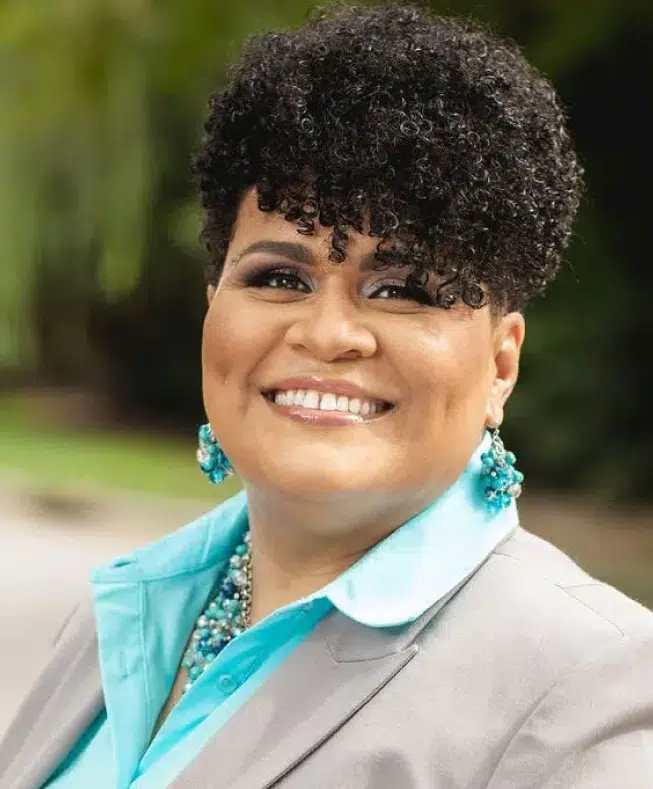
Depression can take a devastating toll on your life and livelihood. According to the Center for Disease Control, one in ten U.S. adults report depression.
People 45-64 years old, women, minorities, the divorced and individuals who are unable to work or unemployed are more likely to have major depression. Found here.
The Bishop Law Firm has represented clients in claims for Social Security Disability since 2009. We do not get paid unless you win and we offer free case reviews. Call us today, 919-615-3095, or start your free case review online now.
What is Depression?
Depression symptoms can be associated with major depressive disorder, bipolar disorder, or anxiety disorders. Unfortunately, many mental health disorders have overlapping symptoms.
See Disability for Bipolar Disorder or Anxiety Disorders and Disability Benefits
According to the American Psychiatric Association, depression (major depressive disorder) is a serious and common illness that can range from mild to severe.
Symptoms can include sadness, weight loss/gain, increased fatigue, pacing, slow movements or speech, feelings of worthlessness, difficulty concentrating and thoughts of suicide. Symptoms must last for at least two weeks before a diagnosis of depression is given.
Mild depression - Your depressive symptoms make life difficult but you still manage to accomplish your daily tasks.
Moderate depression - Your depressive symptoms make life a struggle. Your work performance or grades drop. You have problems in your relationships. Sleeping, concentrating, and communicating with others is negatively affected.
Severe depression - Loss of enjoyment in life; thoughts of suicide; unexplained body pain; exhaustion (via JED)
Treatment for depression can include medications, psychotherapy, and counseling. Therapies are often combined (NIH). There are also supplemental alternative therapies such as herbal remedies, acupuncture, meditation, and massage. Speaking with a mental health professional can help determine the best treatment for your depression.
Frequently clients have a tough time describing their depression to me. Just the mention of it brings overwhelming emotion to the surface. Tearfulness, loss of interest in life, problems sleeping and fear of others are a few of the symptoms we hear from our clients.
Types of Social Security Disability Benefits
The Social Security Administration offers (generally) two types of benefits for the disabled: SSDI and SSI.
Social Security Disability Insurance (SSDI)
SSDI (Social Security Disability Insurance) is based on the credits from the work you have done in your life. You must be found disabled before your date last insured (DLI) to be found eligible for SSDI. Your DLI is calculated by counting your “quarters of coverage” from your earnings record. You must have 20 “quarters of coverage” of the last 40 quarters. Simply put, you must have worked 5 years of the last ten years (in general). In addition, Adult Disabled Children can be eligible for benefits off their parent’s account.
Supplemental Security Income (SSI)
SSI (Supplemental Security Income) is a need-based program and you must meet income/asset standards in addition to being found disabled under the five steps above. In 2023, SSI is $914.00 per month for an individual and $1,371 for an eligible couple. SSI will be reduced by 1/3 if you are receiving financial help from others. In NC, SSI recipients are also entitled to Medicaid.
SSI is also available for disabled children and is evaluated under a different standard than adults. Children must have a medically determinable physical or mental impairment or impairments (including emotional or learning problems) which result in marked and severe functional limitations, and the impairment(s) has lasted or can be expected to last for a continuous period of at least 12 months or be expected to result in death. Child SSI terminates when the child turns 18. The claimant will then have to reapply and be evaluated under the above adult sequential evaluation.
Can you receive disability for depression?
As we have discussed previously on this site, the name of your impairment is not as important as the severity of your symptoms for Social Security Disability.
Depression can be a disability to Social Security if your symptoms are severe to the point that they prevent you from working.
Social Security will look for medical evidence of treatment with diagnosis, which includes consistent medications and therapy. If you have consistently been following medical advice, but your depression still has not improved, you may be found disabled by SSA.
The Social Security Administration evaluates depression under Listing 12.04, Affective Disorders:
12.04 Depressive, bipolar and related disorders (see 12.00B3), satisfied by A and B, or A and C:
- Medical documentation of the requirements of paragraph 1 or 2:
AND
- Extreme limitation of one, or marked limitation of two, of the following areas of mental functioning (see 12.00F):
OR
- Your mental disorder in this listing category is “serious and persistent;” that is, you have a medically documented history of the existence of the disorder over a period of at least 2 years, and there is evidence of both:
- Medical treatment, mental health therapy, psychosocial support(s), or a highly structured setting(s) that is ongoing and that diminishes the symptoms and signs of your mental disorder (see 12.00G2b); and
- Marginal adjustment, that is, you have minimal capacity to adapt to changes in your environment or to demands that are not already part of your daily life (see 12.00G2c).
This listing, as with most listings, is difficult to meet. You must have symptoms from Section A that result in at least two of the marked requirements in Section B (or meet Section C alone).
Receiving Social Security Disability for mental disorders can be difficult. It helps to have a supportive doctor or therapist on your side when you apply for benefits. Also read: Do I have to go to a psychiatrist for Social Security Disability?
If you are experiencing depression that prevents you from working, you should first seek mental health treatment. A mental health professional may be able to help you work through your depression. Medications and counseling may help as well.
If you have sought treatment and your depression has not improved, you need to file a claim for Social Security Disability as soon as possible.
The Bishop Law Firm represents Social Security Disability clients in Raleigh, Durham, Fayetteville, Cary, Rocky Mount, Wilson, Smithfield, Louisburg, Chapel Hill, Roanoke Rapids , Winston Salem, Garner, Greensboro, Greenville and surrounding areas in North Carolina. Call us today for a free case review, (919) 615-3095.

